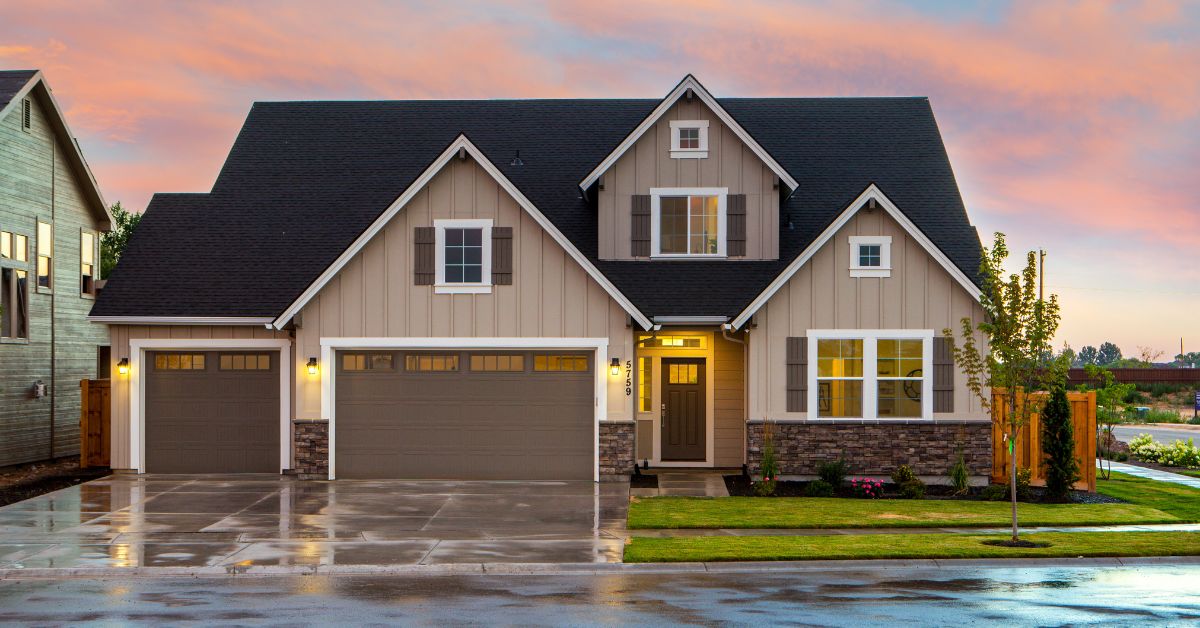- /
- /

Are you ready to take the leap into homeownership, or are you better off sticking with renting? It’s a common dilemma many people face when it comes to their real estate decisions. With both options offering pros and cons, it’s essential to consider various factors before making a choice that aligns with your financial goals. In this blog post, we will delve into the benefits and drawbacks of buying and renting, enabling you to make an informed decision.
Advantages of Buying
Financial Investment
One of the significant advantages of buying a home is that it promotes long-term financial stability. Unlike renting, where you are essentially paying someone else’s mortgage, when you buy a house, your monthly mortgage payments build equity. Over time, your home is likely to appreciate in value, allowing you to secure a return on your investment upon resale.
Long-term Stability
When you own a property, you have the freedom to stay put as long as you desire. This stability can be particularly beneficial for families with children or individuals who value a sense of community. Rooting your life in a specific location offers a reassuring lifestyle and eliminates the need for frequent moves or dealing with landlords.
Tax Benefits
Another advantage of owning a home is the potential tax benefits. Homeowners can usually deduct the interest paid on their mortgage loan from their federal income tax, which can result in significant savings. Additionally, when selling your primary residence, you may enjoy considerable tax advantages (consult a tax professional to fully understand and assess your situation).
However, it is important to remember that owning a home comes with responsibilities and costs that renters might not have to shoulder. For example, homeowners are responsible for maintenance and repair costs, property taxes, and homeowner’s insurance.
Advantages of Renting
Flexibility
Renting offers an unmatched degree of flexibility and mobility. Moving to a new city? Want to experience a different neighborhood? Is your job uncertain? Renting allows you to make changes swiftly and without the burden of selling a property. For those who prefer not to be tied down to a specific location or prefer a low commitment lifestyle, renting is an appealing choice.
No Maintenance Hassles
One of the most attractive benefits of renting is the elimination of homeowner responsibilities, particularly maintenance and repair costs. Landlords are typically required to maintain the property and address any necessary repairs. Whether it’s a leaky faucet or an HVAC malfunction, as a renter, those expenses and headaches belong to your landlord, freeing you from the burden of unexpected costs.
Easier Budgeting
Renting typically entails a fixed monthly payment, making it an appealing choice for those who prioritize predictable budgeting. While rent prices may increase over time, they generally don’t fluctuate as dramatically as mortgage rates or unexpected homeownership costs, such as repairs and maintenance.
Factors to Consider
Timeframe
One of the most essential factors to consider when deciding between buying and renting is your timeframe. How long do you plan to live in the same location? If you anticipate moving within a few years or have a job that requires frequent relocation, renting might be a more practical choice. However, if you envision staying in an area for an extended period, buying can provide you with long-term stability and potential financial gain.
Market Conditions
Market conditions play a crucial role in determining whether buying or renting is a more prudent decision. Research trends in your desired location to understand if purchasing a home is a good investment. If property prices are rising steadily, homeownership can be a wise decision as it allows you to build equity. Conversely, in quickly changing markets, where prices are declining, renting may be a more cost-effective option as it saves you from potential losses.
Personal Financial Situation
A comprehensive evaluation of your personal financial situation is essential to making the right real estate decision. Consider factors such as your current income and stability, savings for a down payment, credit score, and monthly cash flow. Use online mortgage calculators to estimate mortgage payments and determine whether it aligns with your financial capacity.
Making the Decision
Ultimately, the choice between buying and renting depends on your unique circumstances, values, and priorities. For those seeking financial security and long-term stability, homeownership can be a rewarding investment. On the other hand, renters benefit from flexibility, lower upfront costs, and the elimination of homeowner responsibilities.
Reflect carefully on the advantages and disadvantages outlined above. Consider seeking advice from a reputable real estate professional or a financial advisor who can help you navigate the complexities and assess whether buying or renting is the better option.
Finally, remember that homeownership is a significant commitment; it’s crucial to weigh countless variables before making your final decision. Whether you choose buying or renting, what ultimately matters is finding a place you can call home, now and in the future.
Sources:
Investopedia
Forbes
National Association of Realtors

